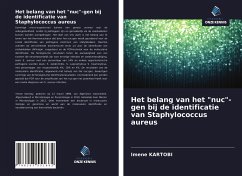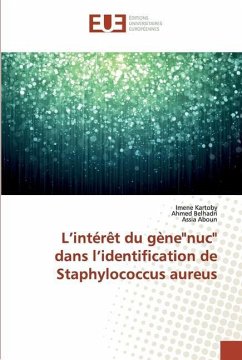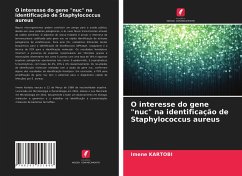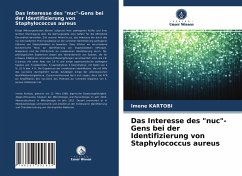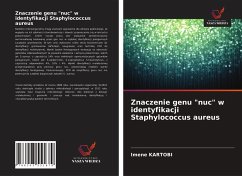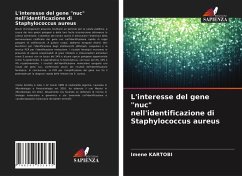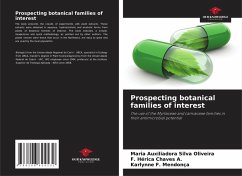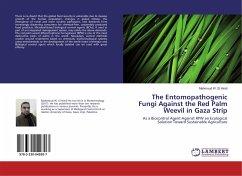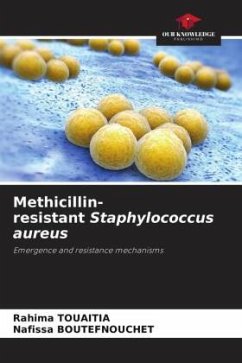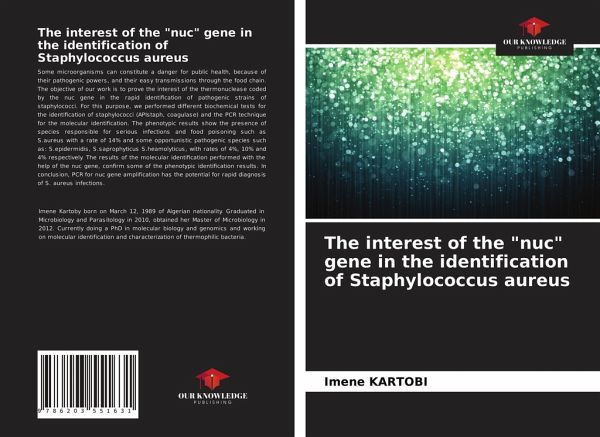
The interest of the "nuc" gene in the identification of Staphylococcus aureus
Versandkostenfrei!
Versandfertig in 6-10 Tagen
36,99 €
inkl. MwSt.

PAYBACK Punkte
18 °P sammeln!
Some microorganisms can constitute a danger for public health, because of their pathogenic powers, and their easy transmissions through the food chain. The objective of our work is to prove the interest of the thermonuclease coded by the nuc gene in the rapid identification of pathogenic strains of staphylococci. For this purpose, we performed different biochemical tests for the identification of staphylococci (APIstaph, coagulase) and the PCR technique for the molecular identification. The phenotypic results show the presence of species responsible for serious infections and food poisoning su...
Some microorganisms can constitute a danger for public health, because of their pathogenic powers, and their easy transmissions through the food chain. The objective of our work is to prove the interest of the thermonuclease coded by the nuc gene in the rapid identification of pathogenic strains of staphylococci. For this purpose, we performed different biochemical tests for the identification of staphylococci (APIstaph, coagulase) and the PCR technique for the molecular identification. The phenotypic results show the presence of species responsible for serious infections and food poisoning such as S.aureus with a rate of 14% and some opportunistic pathogenic species such as: S.epidermidis, S.saprophyticus S.heamolyticus, with rates of 4%, 10% and 4% respectively. The results of the molecular identification performed with the help of the nuc gene, confirm some of the phenotypic identification results. In conclusion, PCR for nuc gene amplification has the potential for rapid diagnosis of S. aureus infections.



